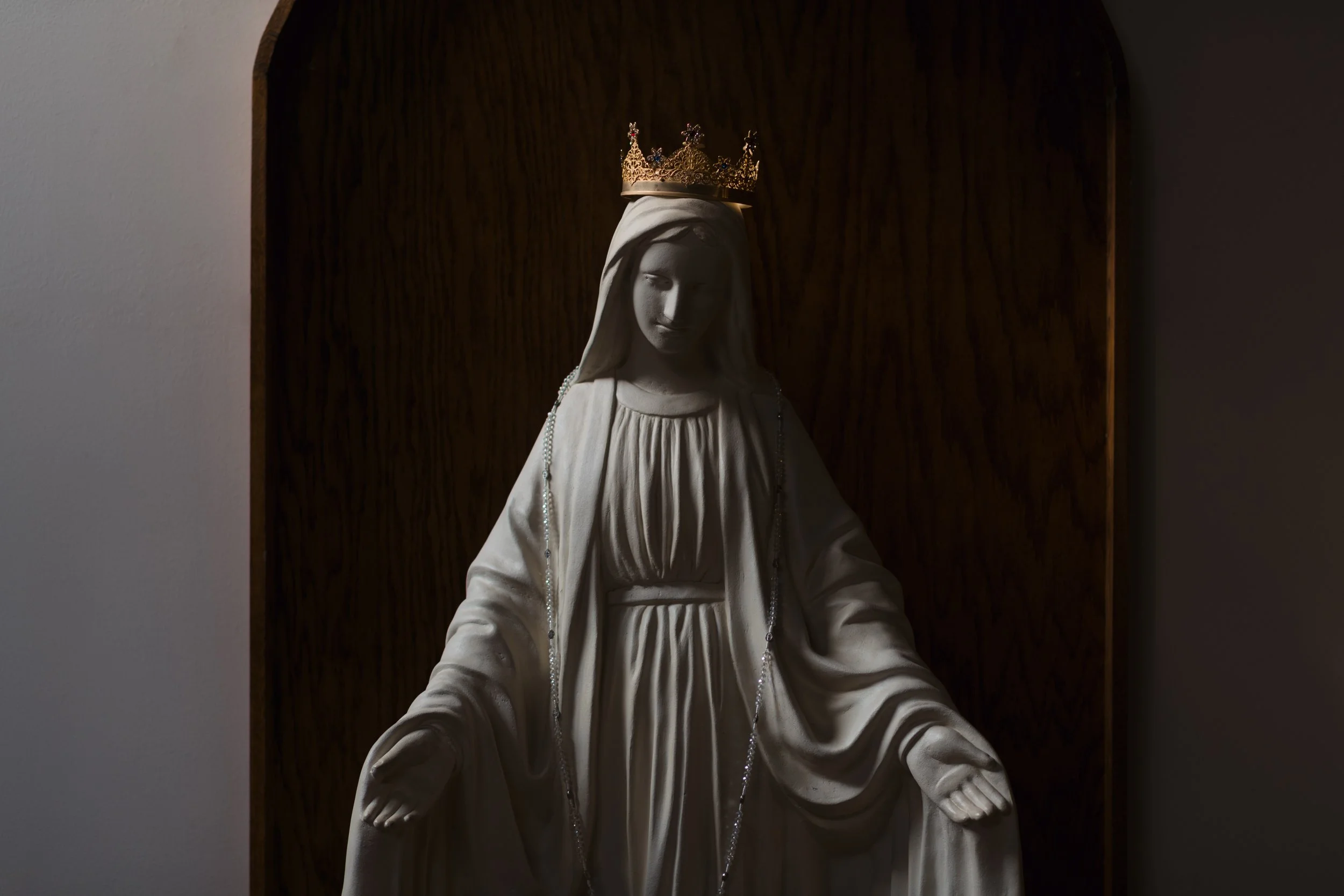Tomorrow we will fully enter into the season of Advent and once more approach a season of waiting.
Read MoreSo what are we to do to become properly evangelistic Christians again, and ones who don’t merely wind back the clock to earlier in the evangelical timeline, doomed to repeat the same tragic trajectory?
Read MoreAmerican Evangelicalism is an ideology that has become wed to a search for power. Many Christians of good faith have been confronted with this and have been presented with a question of what to do next.
Read MoreIn the first post of this series we talked about how the term evangelism is a feature of every Christian life, because it is the orientation of all of life around the proclamation of the Kingdom of God. There is really no such thing as an unevangelistic Christian.
Read MoreAs someone who grew up attending churches that would self-identify as ‘evangelical,’ it has taken a number of years to come to terms with how that formation has shaped my approach to the subject of ‘evangelism.’
Read MoreIt’s that time of the year again: when we are more than halfway through Trinity season, but there are still ten more weeks until we begin the season of Advent and the new Christian year. If I’m being honest with myself, I much prefer our seasons of fasting here in the Church.
Read MoreCultures of optimization have been prevalent since the industrial revolution, but what distinguishes this current one is that it demands women to not just appear more perfect but actually to change themselves mentally and physically to meet an unattainable standard.
Read MoreIn our last post, we concluded that acedia or sloth is much more than the stereotype of the lazybones. Evagrius notes that “acedia is a simultaneous, long-lasting movement of anger and desire, whereby the former is angry with what is at hand, while the latter yearns for what is not present.”
Read MoreIn this series of posts, we will consider the vice of ‘sloth,’ one of the more misunderstood among the vices.
Read MoreWe have faced the blank page. We have attended to silence. And we have accomplished an incredibly brave thing: we have gotten something on the page. At this point it is worthwhile to step back and ask what the creative act means.
Read MoreWe have practiced silence. We have listened for the voice of the Spirit. We have put pen to paper, brush to canvas, spade to soil, knitting needles to yarn. Now what?
Read MoreIn the next three blog posts, we will consider what I call “the creative act.” Before we dive in, let’s ask a question that may seem obvious: What is the creative act?
Read MoreOnce, I found myself with a spare half hour in Bellingham, Washington. The March weather was cold and gray. Pearly drops of rainwater fell onto my cheeks as I parked my rental car and began to walk toward Henderson Books, a used bookstore recommended by a friend.
Read MoreWe are now in the six-month Trinity season. The challenge of Trinity is how to remain faithful during a long season in which there is no particular wake-up call.
Read MoreIn my youth group, I was taught once that the best way to recognize a counterfeit is by carefully examining and remembering the real thing. The anecdote that attended this lesson drew from the training of experts who spot fake currency. As the story went, they spent long hours studying every detail of real money so as to be prepared to note any possible deviation from it. This was deemed a more effective method of preparation than exhaustively cataloging the fakes. With most important or valuable matters in life, we should be especially wary of fakes because these are the very things that are most worth the effort of faking. Likewise, over the time we’ve spent thinking about a Christian idea of what it means to rest, I’ve tried to focus on the real thing, rather than by focusing on all the false visions that run about in our world.
Read MoreAs a priest, I spend a fair amount of time thinking about ritual, and find that I spot pretty quickly instances of ritual when I encounter them in the wild. One such ritual caught my eye recently in the context of a conversation about how people go to sleep. It began with a few parents sharing stories about the routines surrounding bedtime for their children of various ages. And even though they were not initiates of the same rites, the basic shape of their liturgy was the same: some sort of dinner, bath, story, and lights-out. Those present without kids spoke in similar terms of food, Netflix, hygiene and beauty, and then surprisingly elaborate rites including sound-machines, CBD oil, melatonin, mindfulness, and still usually-fitful sleep.
Read MoreIn our previous post, we talked about the extending of the horizon of the old covenant Sabbath through the Resurrection of our Lord, how He makes that Sabbath the occasion for a new work through His rising again. As should be apparent by now, the Sabbath means something very different for the Christian than it meant for the Jew, even if they are continuous with one another in the Person of Christ. It will help if we look to the Gospels for guidance.
Read MoreSabbath is remembrance. It is to remember and anticipate through a moment the world of God’s great seventh day, of Creation as it is known with God enthroned, consecrating all things and celebrating them with delight. But modern people have a difficult time approaching remembrance because they consider it a matter of ‘thinking’ rather than ‘being.’ This is not how the Scriptures communicate ‘remembrance’ to us.
Read MoreWe closed Part I by thinking about the futility of our toil and how it can only deliver expiration and collapse rather than real rest. We came to understand that we must somehow be returned to the Lord’s anointed rest, that seventh day of Creation that consecrated the whole creative work. I would like to propose that the means by which we are led back into that rest, despite our continual tendencies to avoid it, is to attend to the remembrance of the Sabbath as it becomes the Eucharist through its fulfillment in Christ. In this post, we will take a look at the first of the two.
Read MoreAs a recovering work-addict, I have been obliged to a keen awareness of the patterns of work and leisure that surround me. Frustratingly, I have often felt like a recovering alcoholic living in a walk-up above pub row, immersed in the ambient noise of what I imagine to be great enjoyment and satisfaction happening just downstairs. All around me are impulses to feed a beast who is just biding the time it needs to grow large enough to feed on me. Like those who’ve struggled with any substance or habit will know, the addiction isn’t about the thing but about something else behind, beneath, beyond it.
Read More



















